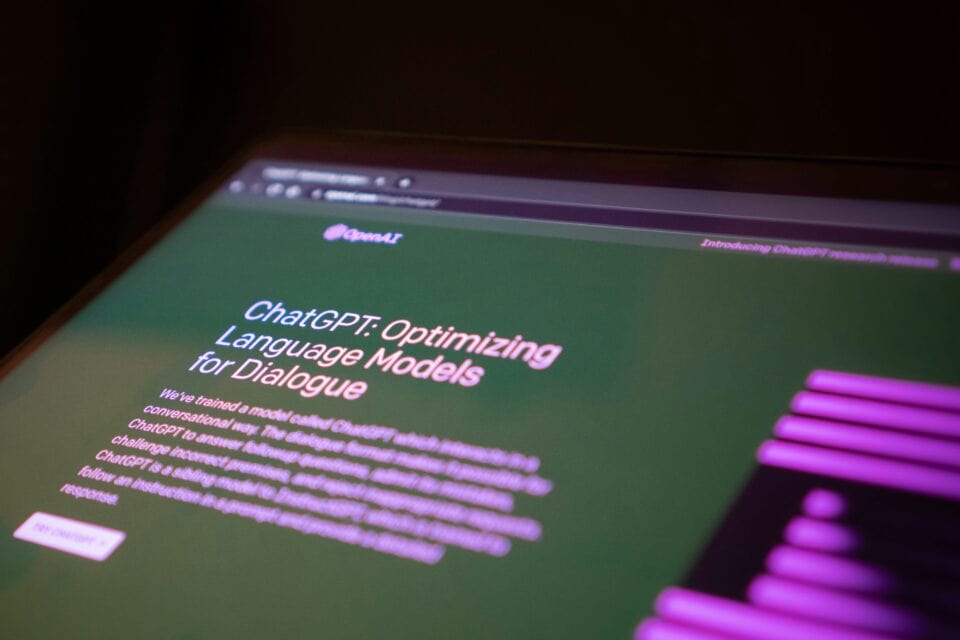
Business coach vs executive coach—which one is right for you? Both guide leaders toward growth, but they serve different needs. Business coaching often focuses on strategy, operations, and small business owners, while executive coaching helps C-suite executives strengthen leadership skills and navigate organizational issues. This article explores the differences, benefits, and how facilitation adds unique value for sustainable growth.








